How to Make Your Fashion Choices More Ethical and Sustainable
/Today's consumers are increasingly aware of the human and environmental costs of the clothes they wear. According to recent surveys, buyers want eco-friendly garments—and they're willing to pay the price for sustainable men's suede sneakers and other items.
Despite the push for sustainability, many companies are sending mixed signals. Fashion brands in the United States and worldwide are bombarding us with marketing messages about recycled and organic fibers, environmentally friendly collections, and vegan offerings. At the same time, though, they tell us that clothing is all but disposable and we need a new outfit for every occasion.
Unlike the food and beverage industry, which commonly labels offerings as being organic and free-range, the fashion world doesn't regulate how the term "sustainable" is used—so clothing companies can attach it freely. Fashion relies on low prices, mass production, and high sales volumes, but little progress has been made to improve workers' rights or lessen its environmental impact.
While the world waits for the fashion industry to govern itself, buyers can empower themselves by making small changes and learning how fashion affects the environment. Here are a few ways to make your fashion choices more ethical and sustainable, and some information on why these practices are so important.
Sustainable vs. Eco-Friendly Fashion: Is There a Difference?
Green and eco-friendly fashions, including these popular suede shoes, are made with a focus on leaving a positive effect on the environment and the population. On the other hand, sustainable fashion is a holistic term encompassing ethical and environmentally-conscious initiatives. When some clothing brands use the term to refer to garments made of recycled fibers in less-ethical conditions, that's not entirely honest.
It isn't ethical or sustainable to exploit workers, perpetuate sexist and racist stereotypes, and pay poverty-level wages. No matter what the world's fast fashion brands say, sustainability is about more than recycled fabrics. To be truly sustainable, fashion brands must show consideration for the planet and every living thing.
Learn From Others in the Industry
Imitation is a form of flattery, and that concept can be applied to fashion sustainability. Fill your social media feeds with brands and influencers who inspire others to live their best and most environmentally conscious lives. Though many want to shop ethically, all those good intentions will be nothing if social media feeds are full of fast fashion ads. Instagram, Snapchat, Facebook, and other sites are full of inspiring businesses and people who want to do things a bit differently, and seeing a broader push for ethical fashion can be encouraging.
Unsubscribe to Marketing Emails
If you're trying to help the environment by making better fashion choices, take a few minutes to unsubscribe from fast fashion companies' emails. When those messages never make it to your inbox, it will help curb mindless scrolling and overconsumption.
Buy Fewer Garments and Wear Them For Longer
As Vivienne Westwood said, "Buy less, choose well, and make it last." When buying new clothing, choose high-quality pieces you love and will wear for quite a while. While browsing, ask yourself, 'will I wear it at least 30 times?' If so, buy it; if not, put it back on the rack. It's time for us to think of clothing not as a disposable commodity, but as an investment from which we should strive to get the most value.
Repair, Don't Replace
Small holes, missing buttons, and undone hems can easily be repaired. Before tossing anything that's not perfect, learn how to repair, alter, and upcycle clothes—and consider finding a local alterations shop.
Read Labels Carefully
One of the easiest ways to ensure that a clothing purchase is good for the environment and your wallet is to check the fabric from which the garment is made. Not only do they release micro-plastics, but oil-based synthetic materials also fail to decompose. Choosing clothes made of biodegradable, natural fabrics is a sustainable option. Good choices include tencel, linen, organic cotton, recycled nylon, and recycled polyester. Avoid acrylic, spandex, nylon, and new polyester.
Do Your Homework
Various apps rate jewelry, footwear, and fashion brands based on their supply chain, labor conditions, animal welfare stance, and environmental impact. For instance, the GoodOnYou.eco app will help you find ethical brands and see how your favorites stack up.
Focus on Sustainability
In the past, 'sustainable fashion' meant buying overpriced linen shirts and itchy hemp shorts, but times are changing. During the past few years, numerous slow fashion brands have emerged, focusing on sustainable and ethical practices. Today's brands make size-inclusive, eco-friendly, and affordable products for even the most discriminating fashionistas.
Buy Vintage Gear
Along with its sustainability, purchasing second-hand, vintage, and upcycled clothing provides a renewed feeling of individuality that you just won't find in the mall. For those who don't have time to go thrifting, there are numerous online retailers offering vintage, high-end, and pre-loved garments
Make Laundry Day Greener
Greenpeace reports that laundry accounts for up to 80% of a clothing item's environmental effects. Their experts suggest washing at lower temperatures, using eco-friendly detergents, line-drying when possible, washing full loads, and buying clothes made of eco-friendly fibers.
Rent Your Favorites
Who says that owning clothes is the only way to get the latest looks? Fashion rental is coming to the forefront, and it's not just for formal wear and special occasions. Companies now rent handbags, shoes, accessories, and clothing for a one-off fee or a monthly subscription. Clothing rental offers a viable solution for those who don't want to spend a lot on things they'll only wear once but want to keep up with fashion trends. Most rental platforms allow users to share pieces, thereby doing their part to build a circular economy.
Talk About It
As most people are creatures of habit, they may not know much about sustainability in the fashion industry. Share articles, books, podcasts, and documentaries with others in your social circle, and get active in local, national, and worldwide communities. The best ideas are those that are shared with others—so get the conversation started!
How Can Clothing Brands Do Their Part?
With the fashion industry creating approximately 10% of the world's carbon emissions, problem solving involves making progress toward climate goals. By cleaning up the supply chain and sourcing recycled textiles, brands can reduce pollution and improve people’s lives in communities all over the world.
Choose the Right Clothing Today for a Greener Tomorrow
Every item bought from a sustainable and ethical clothing brand boosts the demand for environmentally responsible, thoughtfully made products. The more popular these brands become, the more likely it is that eco- and people-friendly clothing will become the norm in a world ruled by fast fashion.
While sustainability is about wearing and buying clothes with minimal environmental impact, fast fashion brands tend to move in the opposite direction. Using environmentally harmful procedures, exploiting animals and humans during textile production, and using unfair and deceptive labor practices make fashion a largely indefensible sector with significant social justice concerns.
From the lowest- to the highest-impact, clothing and accessories use natural resources and leave ecological remnants. Thankfully, today's sustainable brands have taken steps to mitigate those effects by manufacturing ethical, environmentally friendly products and keeping waste out of landfills. In the meantime, the newest generation of eco-friendly and ethical clothing is raising the bar for fashion quality and sustainability—and hopefully undoing the damage fast fashion has caused. Keeping in mind the above suggestions, we can at least do out part to make this world a better place.
About the Author:
Lisa Silva is a writer and digital marketing professional. She earned her Bachelor of Science Degree at New York University. Lisa has professional experience in social media marketing and copywriting.




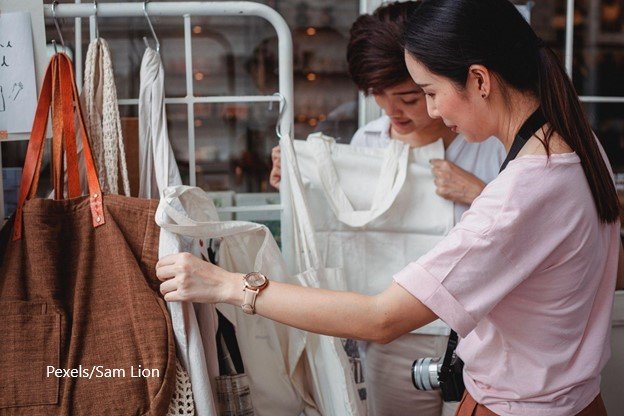
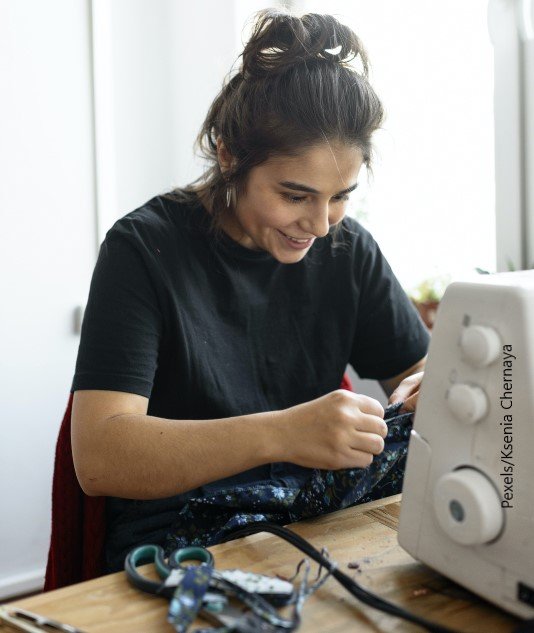


















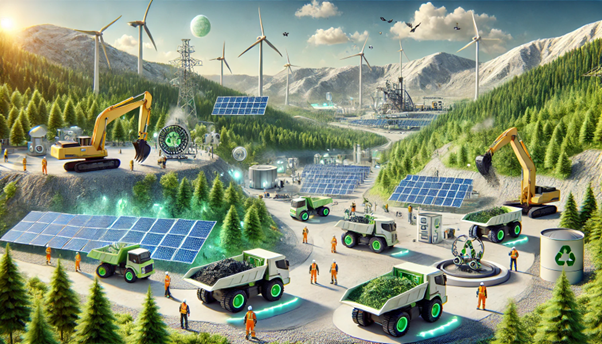

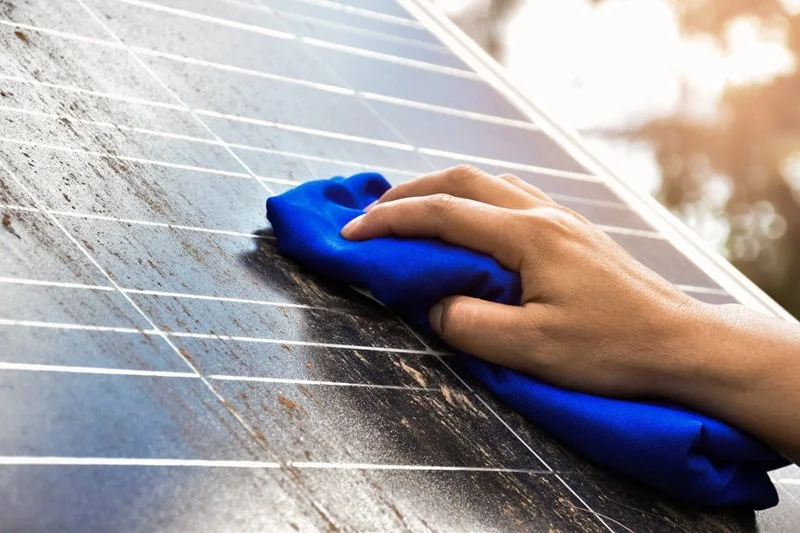









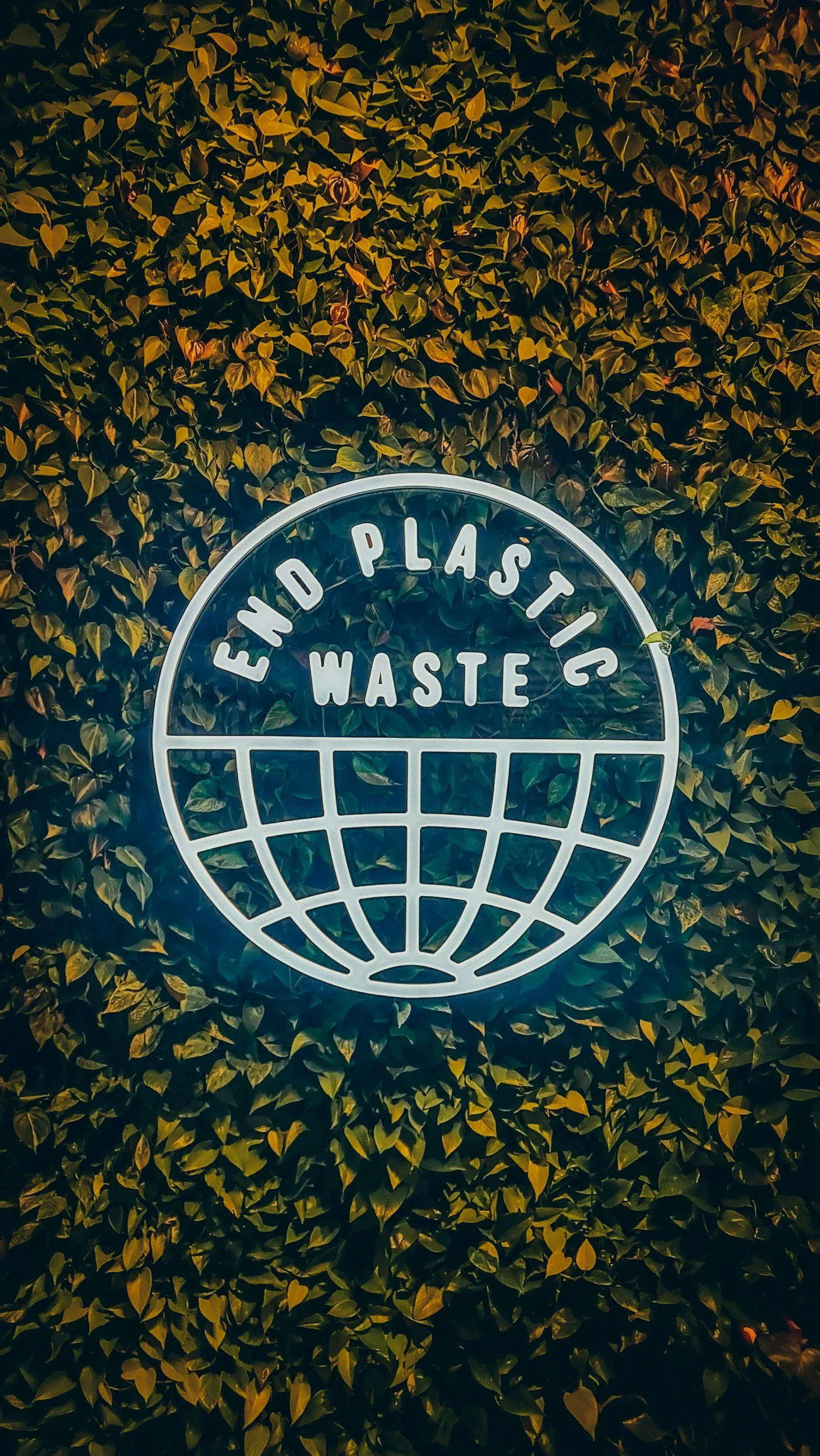
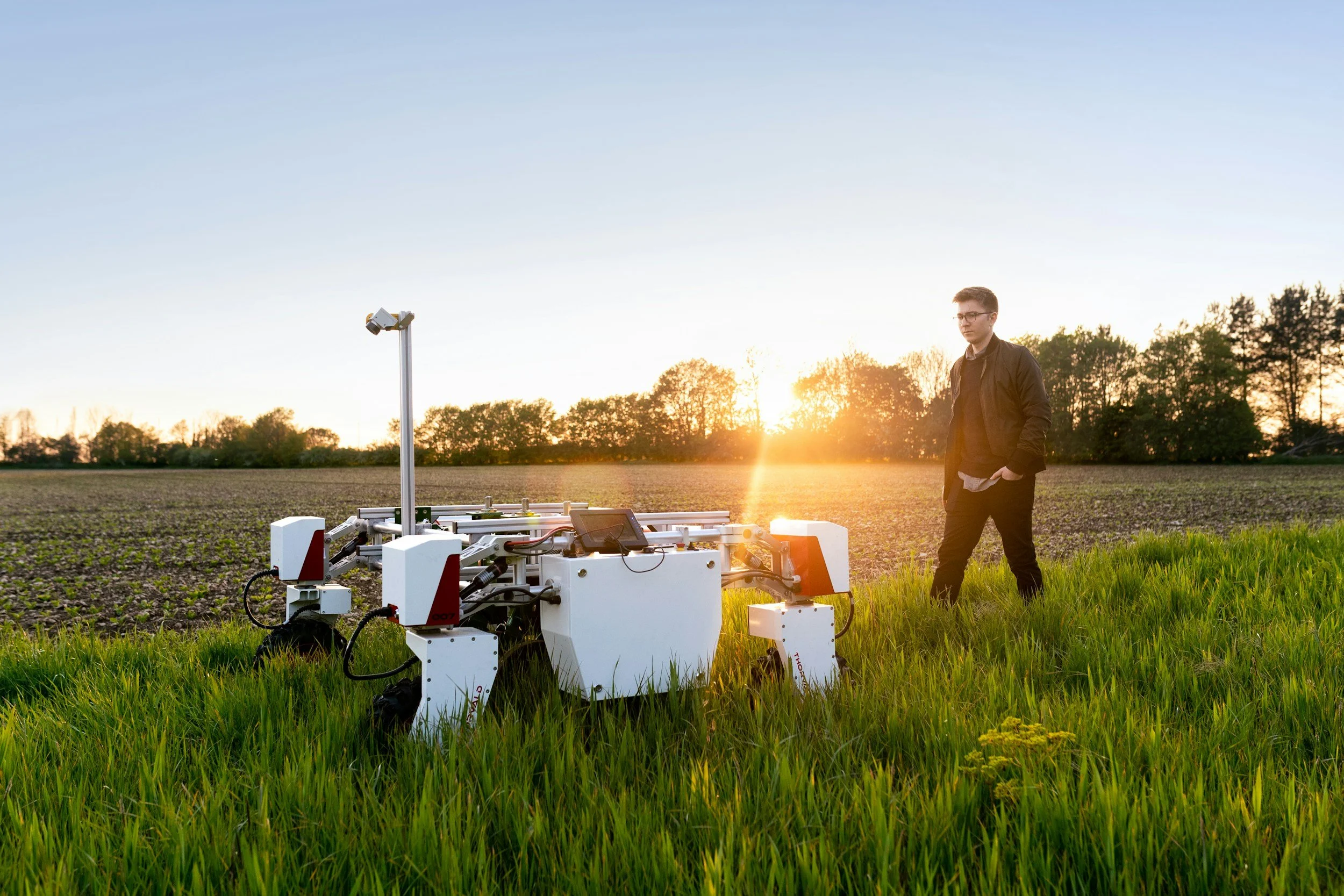




We’ve all heard a lot about sustainability and understand it has to do with reducing greenhouse emissions and lowering our impact on the planet, but what does that look like when it comes to fashion? According to the United Nations Environment Programme, the fashion industry accounts for 10% of all carbon emissions around the world, more than the flight and shipping industry combined. This is a devastating figure, but measures are being taken to lower the impact, and you can play your part. Throughout this article, we’ve put together a series of ways to hold onto your passion for fashion while considering sustainability factors that could make a real difference.